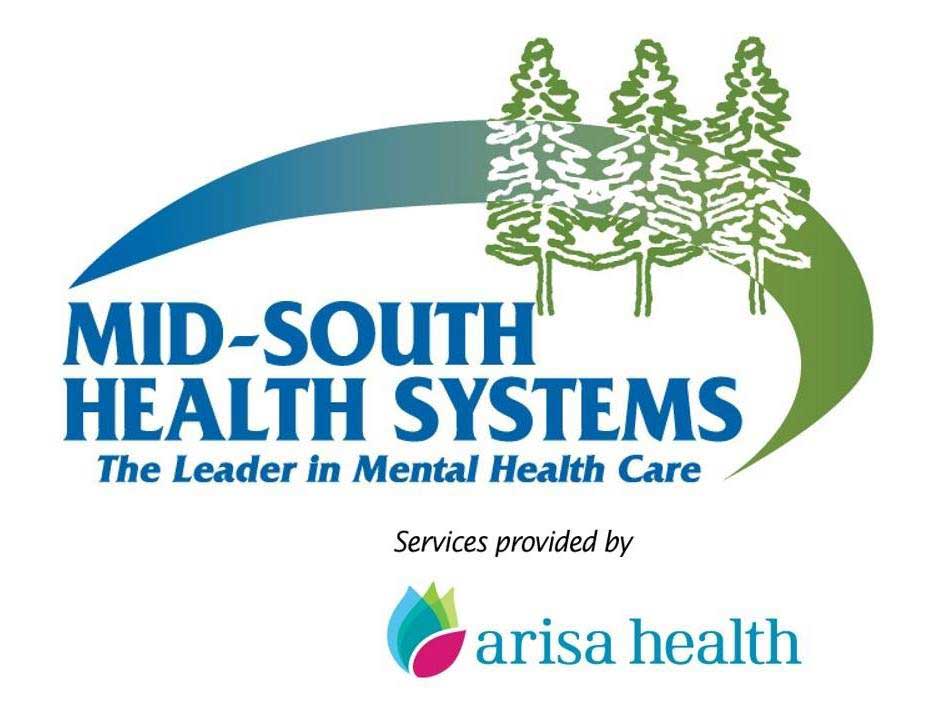Target Area
Independence, Izard, Jackson, Lawrence, and Sharp counties

Start Date: September 1, 2020
End Date: August 31, 2023
Consortium Members:





Project Goals
The goals of this grant program are as follows:
- Incorporate prevention activities by dissemination throughout the catchment area. (This would include access to training, referral resources, and informational tools.)
- Increase SUD/OUD treatment and Medication-Assisted Treatment (MAT) services in the catchment area.
- Engage and empower communities, families, and caregivers by providing evidence-based and best-practice SUD/OUD recovery model tools.
- Leverage existing materials to enhance prevention activities and training for community organizations' SUD/OUD services in the catchment area.
- Engage treatment providers within year one to include services for pregnant and postpartum women who are at risk for SUD/OUD.
Core Activities
AFMC, Consortium Members, and Community Collaborators work together to implement prevention, treatment, recovery, and foundational core activities throughout rural communities in Northeast Arkansas.
Prevention
- Educate to improve understanding of evidence-based prevention, treatment, and recovery strategies for substance use disorder (SUD)/opioid use disorder (OUD) and to reduce the stigma associated with the disease.
- Increase access to naloxone within the rural service area and provide training on overdose prevention and naloxone administration to ensure that individuals likely to respond to an overdose can take the appropriate steps to reverse an overdose.
- Implement year-round drug take-back programs.
Increase and support the use of school- and community-based prevention programs that are evidence-based to prevent misuse of opioids and other substances. - Identify and screen individuals at risk for SUD/OUD and provide or make referrals to prevention, harm reduction, early intervention, treatment, and other support services to minimize the potential for the development of SUD/OUD.
Treatment
- Screen and provide or refer treatment to patients with SUD/OUD who have infectious complications, including HIV, viral hepatitis, and endocarditis, particularly among persons who inject drugs.
- Recruit, train and mentor interdisciplinary teams of SUD/OUD clinical and social service providers who are trained, certified, and willing to provide medication-assisted treatment, including both evidence-based behavioral therapy and FDA-approved pharmacotherapy.
- Increase the number of providers and other health and social service professionals who can identify and treat SUD/OUD by providing professional development opportunities and recruitment incentives, such as the National Health Service Corps.
- Train providers, administrative staff, and other relevant stakeholders to optimize reimbursement for treatment encounters through proper coding and billing across insurance types to ensure the financial sustainability of services.
- Reduce barriers to treatment by supporting integrated treatment and recovery, including integration with behavioral health, the criminal justice system, dentistry, and social services, and as appropriate, provide support to pregnant women, children, and other at-risk populations using approaches that minimize stigma and other barriers to care.
Recovery
- Enhance discharge coordination for people leaving inpatient treatment facilities and/or the criminal justice system who require linkages to home and community-based services and social supports, including case management, housing, employment, food assistance, transportation, medical and behavioral health services, faith-based organizations and sober/transitional living facilities.
- Expand the peer workforce and programming as interventionists in various settings, including hospitals, emergency departments, law enforcement departments, jails, SUD/OUD treatment programs, and in the community.
- Support the development of recovery communities, recovery coaches, and recovery community organizations to expand the availability of and access to recovery support services.
Sustainability
- Work with insurers and policymakers to address reimbursement for SUD/OUD treatment services.
- Coordinate with community organizations to reach the uninsured in the project counties.
title= "RCORP-I II Success Stories
In 2020, the Health Resources & Services Administration (HRSA) awarded AFMC the Rural Communities Opioid Response Program (RCORP) Implementation II grant. The AFMC team successfully executed a range of substance use disorder (SUD) prevention, treatment, and recovery initiatives within rural communities in Independence, Izard, Lawrence, Randolph, and Sharp County. They also assisted in forming the Arkansas Rural Task Force for Opioid Response (ARTOR) to expand access and strengthen the quality of SUD treatment within the catchment area.
In just four years, AFMC collaborated with consortium members to achieve lasting positive results. Read the full RCORP-I II final report and dive into the details of this impactful program.

